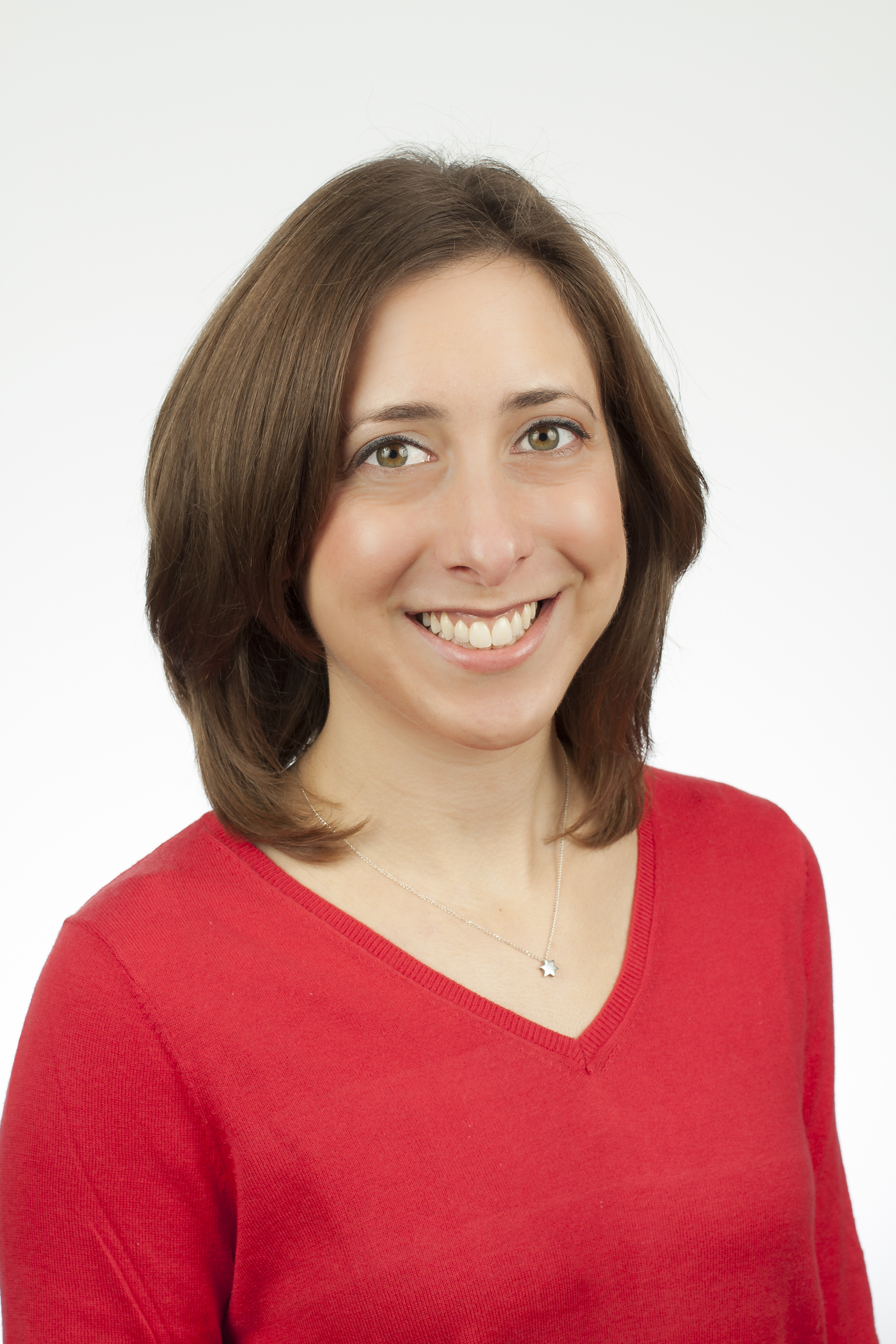Over the summer, we at Temple Micah joined the national conversation about bathrooms, who they are for, and how we talk about them. Our gender neutral bathroom taskforce had its first meeting, a conversation largely centering on labels and language. We all agree that a synagogue should feel safe and welcoming for everyone, and that we need to convey that information explicitly, with our words. This week’s parashah, Noach, reminds us about the importance of conveying our inherent diversity—a value that has proven challenging since ancient times.
Once upon a time we all spoke the same language, and communication was easy. We were all more similar at one point in time—perhaps even single-minded. The ancient people in the story of the Tower of Babel that we read this week wanted to build something that would ground them and hold them together. But in focusing their efforts on being all the same, they missed the lesson that diversity can bring a community strength.
The Netziv1 explains that the sin of the Tower of Babel was that the people tried to enforce a uniformity of mind and body that was never meant to be. They were afraid of diverse expressions of individuality, and tried to combat variety by making sure no one deviated from one way of speech, one way of thought. But the “Knower of Secrets who created humans with distinct minds” knew that this was not our human destiny. Perhaps God scrambled our language so that we could put a diversity of words to good use, using language to embrace all people.
We say that our communities welcome all types of people, but we do not always reflect those values with our words. We still have a lot to learn about the way we communicate with each other. The best way to celebrate diversity is to remember that we are no longer of one mind, one body, one soul, with one vision for the community–and to monitor our speech accordingly.
The Tower of Babel reminds us that we all speak different languages now, and we can use our many words to welcome as many people as we can. The bathrooms at Temple Micah now have new signs that read, “Gender diversity is welcomed here. All are welcome to use the restroom that best fits their identity.” If we want our synagogue communities to be places where everyone feels welcome and at home, then we need to learn how to speak to each other accordingly.
Why is this a human rights issue? Because we all have a right to be ourselves in our communities, and to not only be accepted by omission, but to be unequivocally welcomed with specific words.
We are a community that celebrates diversity, and Babel teaches us not to yearn for the good old days when everyone spoke the same language. But there might be one lesson to glean from that much simpler time. When all the earth spoke one language, what language was it? Radak2 suggests that it was lashon hakodesh, the holy tongue, Hebrew. I am not sure everyone really did speak Hebrew at one time, and I certainly do not see that happening again in our world. But what if we could infuse our many languages with some sense of kedushah again, what if we could elevate our speech and make room for everyone in the way we tell our stories? If we could bring the holiness back into our babble, maybe then we will have really learned the lesson of this story.
1Rav Naftali Tzvi Yehuda Berlin, of the 19th century Volozhin Yeshiva.
2Rabbi David Kimchi, a medieval commentator of Narbonne, France.
Susan Landau serves as assistant rabbi at Temple Micah in Washington, D.C.

